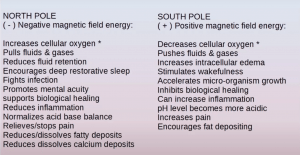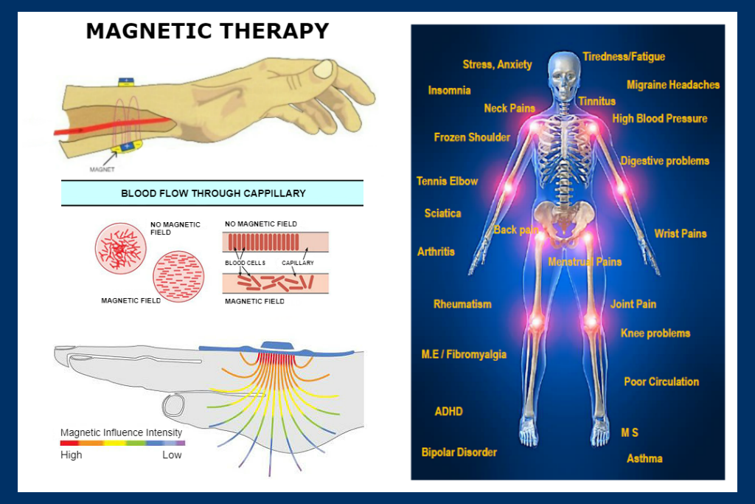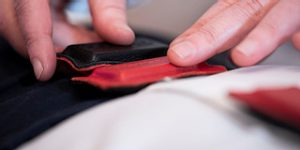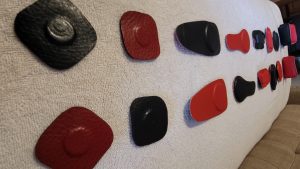Understanding red vs. black magnets—and how to use them for safe, effective sessions.
In the world of Biomagnetic Pair Therapy (BMP), polarity isn’t just a detail—it’s the whole system. Whether you’re working with a client or applying magnets on yourself, understanding how magnetic polarity influences pH balance is essential.
Let’s break it down.
What Is Magnet Polarity?
All magnets have two poles:
North Pole (–) — Often marked black
South Pole (+) — Often marked red
In biomagnetism, these polarities are believed to influence the body’s internal environment, particularly in areas with pathogenic imbalance. Dr. Isaac Goiz Durán’s original theory suggests that placing magnets in specific pairs can correct abnormal pH in organs or tissues, helping to create an internal environment where pathogens cannot thrive.
Why Red and Black Matter
In a biomagnetic pair:
The red (+) magnet (South pole) goes on the acidic point.
The black (–) magnet (North pole) goes on the alkaline point.
This configuration is said to neutralize the polarity of the tissue, helping to restore the area to a balanced pH and stop the conditions pathogens rely on.
Example Pair:
Liver (black) → Stomach (red)
This placement helps address an imbalance believed to affect digestion or detox. 
What Happens If You Use the Wrong Polarity?
If you reverse the magnets, you might disrupt rather than balance the pH—potentially causing fatigue, nausea, or worsening of symptoms. That’s why it’s important to label your magnets clearly and double-check your placements every time.
How to Identify Polarity on Your Magnets
Most magnets used in BMP are color-coded: black = north, red = south
If not labeled, you can use a polar tester or a compass to determine polarity
Pro Tip: Use a metallic marker to label your own magnets if needed
Tips for Practicing with Correct Polarity
Start with Known Pairs – Use a basic pair chart to locate known pairs
Check Your Kit – Ensure magnets are labeled clearly and stored separately
Use Tape Wisely – Apply medical or kinesiology tape to hold magnets in place—especially if working on multiple pairs
Track Your Sessions – Use a therapy symptom tracker or scanning log to note polarity and placement results over time
Recommended Tools for Beginners
Want to feel more confident while practicing biomagnetic pair therapy? Checkout our tools, resources or digital products.





